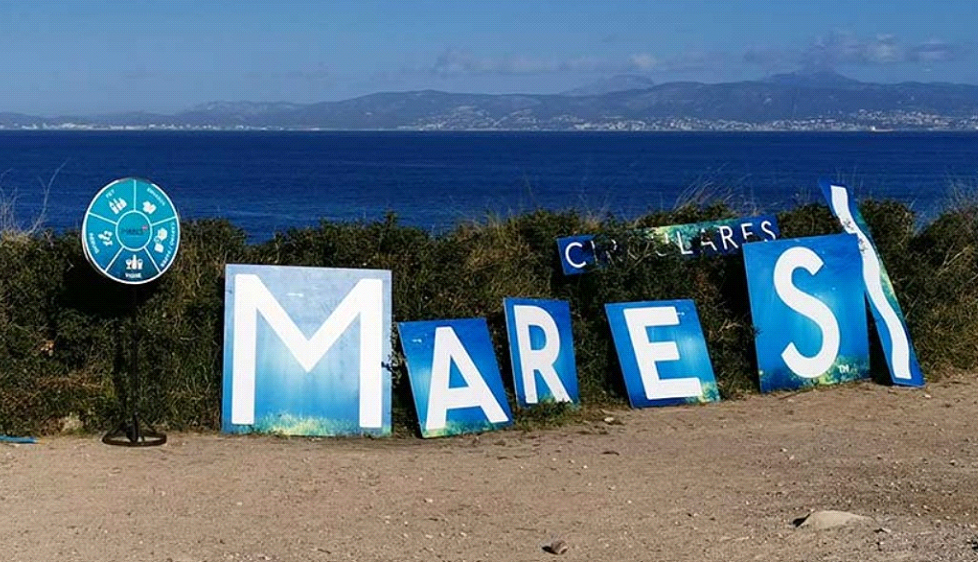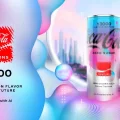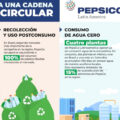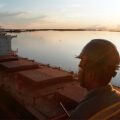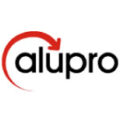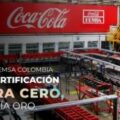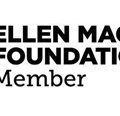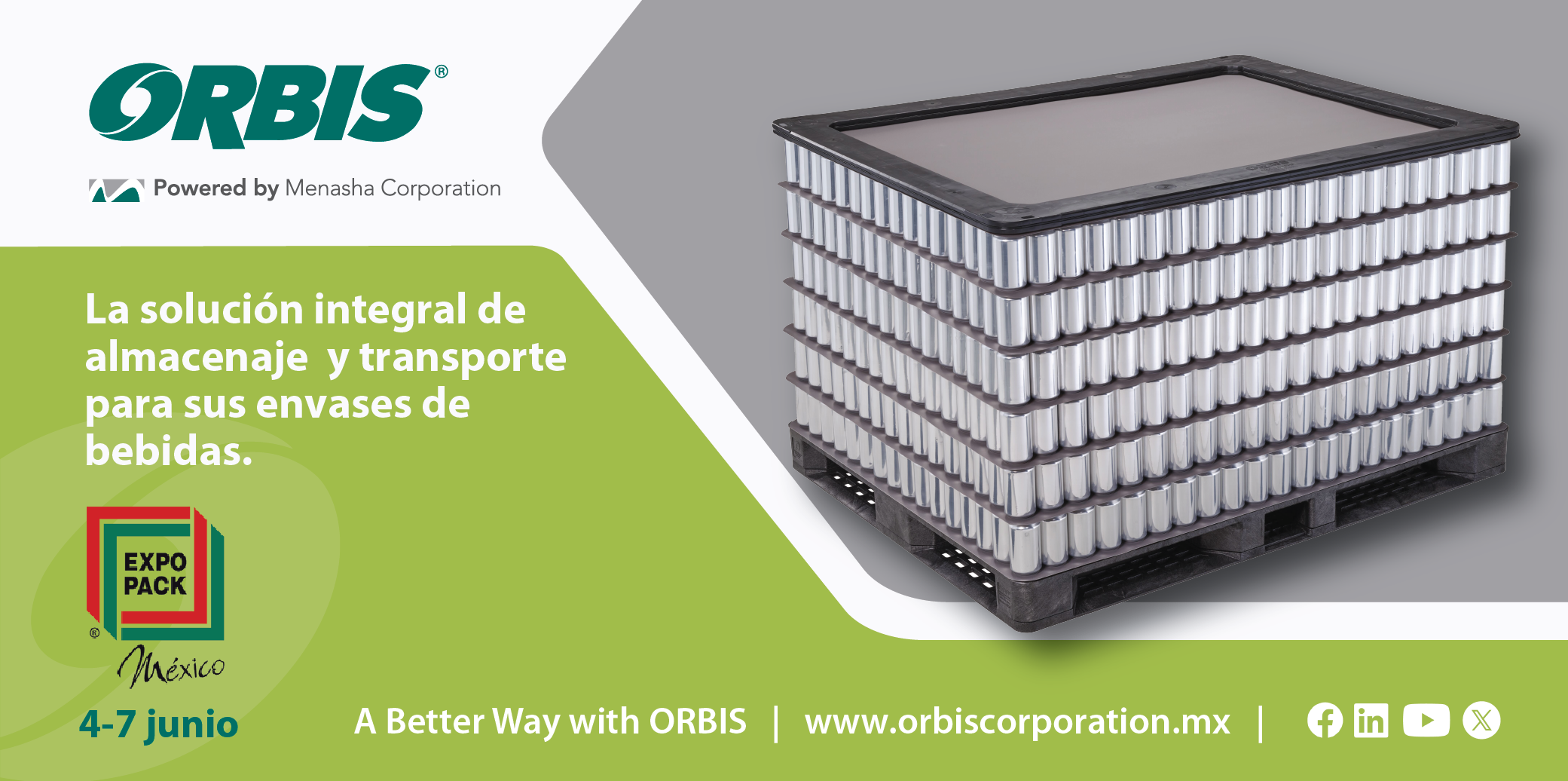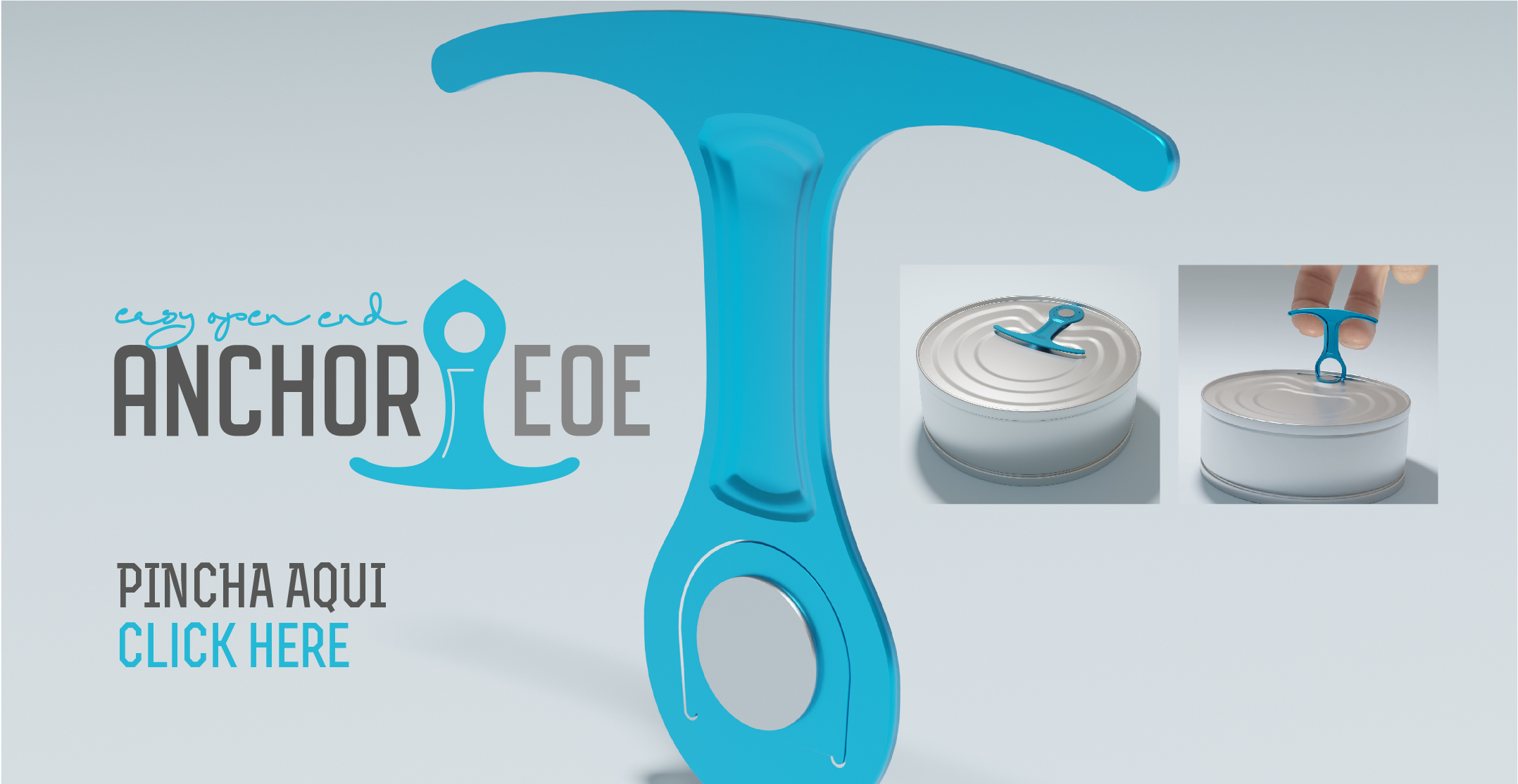The Circular Seas project, led by Coca-Cola, has made significant progress in the last year. In addition to cleaning up the coasts and seabed, it has been instrumental in promoting the circular economy. At a recent meeting of the Advisory Committee, data from this year and the six previous editions of the project were presented. If you want to know their results.
In the sixth year of Circular Seas, a new record was achieved by collecting more than 418 tons of marine debris, representing an increase of 25% over the previous year. This impressive figure was made possible thanks to the collaboration of more than 10,600 volunteers and the fishermen’s guilds of 18 ports, who joined forces to carry out 175 beach cleanups, 24 marine reserves and protected natural areas, in addition to eight underwater cleanups.
According to Asociación Vertidos Cero, who has been a great ally for us, thanks to our initiative called Mares Circulares, we have been able to establish a very solid collaboration with the fishing sector. Together we are tackling the marine debris problem and obtaining valuable data to help us better understand this issue. However, Circular Seas is not only focused on collecting this waste, but we are also exploring ways to give it a second life and apply the concept of circularity.
In addition to the main objective of the cleanup, the project also focuses on educating and sensitizing the community. During 2023, more than 10,200 people were trained in 104 municipalities, with emphasis on the young population, in order to raise awareness of the importance of proper waste management and promote recycling. These educational initiatives are essential to change the way we interact with the environment and seek a long-term sustainable solution.
The Circular Seas initiative has become a strong alliance between the fishing sector and other partners to jointly address the problem of marine pollution caused by litter.
The ECOMAR Foundation highlighted the importance of the Circular Seas project during its six years of existence and the positive impacts achieved. The data reflect the commitment and dedication of those who participate in the project, but the most important thing for them is the awareness and change of daily habits of the people involved in the activities.
In addition to working in the present, the Circular Seas project also has its sights set on the future, promoting innovation through the Circular Seas Awards. These awards recognize emerging companies and scientific studies for their creative ideas in circular economy. In the last edition, the winners received financial support of 10,000 euros to continue developing their proposals, highlighting the importance of finding new ways to address the problem of waste in our seas.
The Chelonia Association has been an important partner in our Circular Seas project since its inception more than five years ago. Its commitment and concern for advancing environmental sustainability has been evident year after year. They believe it is crucial to achieve sustainable development models that benefit both the environment and the biodiversity of which we are all a part.
In 2018, Coca-Cola was the driving force behind Circular Seas. Throughout the last six years, it has been noticeable how this project has grown and evolved. Thanks to the collaboration of more than 1,200 organizations and 44,000 volunteers, a total of 631 cleanup actions and 21 interventions in marine reserves have been carried out each year, resulting in the collection of 2,298 tons of marine debris.
These numbers are not only a success in themselves, but also provide a solid foundation for future research and preservation efforts. Through its commitment to education and environmental awareness, Mares Circulares has reached more than 83,000 people in more than 220 municipalities, promoting a culture of recycling and reuse. This project exemplifies how, through collaboration and education, it is possible to address environmental challenges and move towards a more sustainable future.
The Circular Seas initiative has been made possible thanks to an alliance between Coca-Cola and expert environmental organizations such as Asociación Vertidos Cero, Asociación Chelonia, Fundación Ecomar and Fundación Aula del Mar Mediterráneo. This collective project, supported by a committee of experts, highlights the importance of continuing to work together to protect our seas and oceans.

